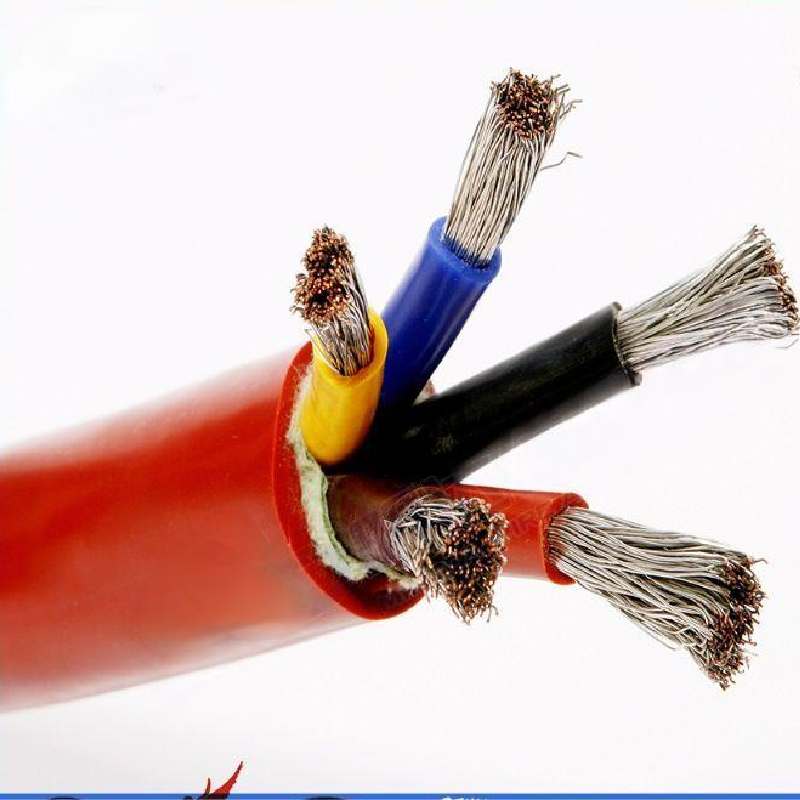10 月 . 07, 2024 07:16 Back to list
industrial check valve
Understanding Industrial Check Valves A Key Component in Fluid Control Systems
Check valves, also known as non-return valves, are crucial components in various industrial applications where fluid control is essential. These devices allow fluid to flow in one direction while preventing backflow, thereby protecting equipment and ensuring efficient system operation. In this article, we will explore the function, types, applications, and advantages of industrial check valves.
Function of Check Valves
The primary function of a check valve is to maintain the unidirectional flow of liquids and gases. When fluid enters the valve from the inlet side, the pressure causes the valve's disc or ball to open, allowing the fluid to pass through. If there is a drop in pressure or if the fluid tries to flow in the opposite direction, the valve automatically closes, preventing any backflow. This self-activating feature minimizes the risk of contamination, damage to pumps, and system failures that can arise from reverse flow.
Types of Check Valves
Check valves come in various designs to suit different applications and operational requirements. Some of the most common types include
1. Swing Check Valves These valves employ a disc that swings on a hinge or pivot. They are generally used in low-pressure applications and are favored for their reliability in maintaining flow direction.
2. Lift Check Valves Featuring a disc that moves vertically within the body, lift check valves are ideal for high-pressure applications. They effectively prevent backflow by lifting off the seat when fluid flows in the desired direction.
3. Ball Check Valves Utilizing a ball that seat snugly against the valve’s inlet, this type is beneficial for preventing backflow without significant pressure loss, making it suitable for various fluid mediums.
4. Diaphragm Check Valves These valves use a diaphragm that opens and closes in response to pressure changes. They are typically utilized in applications where maintaining hygiene and preventing contamination is critical.
5. Spring-Loaded Check Valves Incorporating a spring mechanism, these valves can operate effectively against gravity or other opposing forces, ensuring that they close even in low-pressure scenarios.
Applications of Check Valves
Industrial check valves are used across a wide range of sectors, including
industrial check valve

- Oil and Gas In pipelines transporting hydrocarbons, check valves prevent backflow that could lead to leaks or spills. - Water and Wastewater Treatment In pumping systems, check valves are critical to avoid contamination and ensure water flows in the intended direction.
- HVAC Systems Check valves help maintain system pressure and prevent backflow in heating and cooling applications.
- Chemical Processing These valves are essential for handling various chemicals safely, preventing cross-contamination between different substances.
- Power Generation In steam and cooling systems, check valves maintain flow direction, ensuring efficient operation and equipment protection
.Advantages of Using Check Valves
Implementing industrial check valves within fluid control systems offers several advantages
1. Protection Against Backflow By preventing backflow, check valves help protect pumps and other equipment from damage that could arise from fluid returning in the opposite direction.
2. Ease of Installation Many check valves can be installed in any orientation, providing flexibility in system design and implementation.
3. Maintenance-Free Operation Check valves are generally low-maintenance devices, as they feature simple mechanical components that do not require routine servicing.
4. Increased System Efficiency By ensuring that fluid flows in the correct direction without unnecessary interruptions, check valves contribute to the overall efficiency and reliability of industrial systems.
5. Versatile Use Available in various materials and configurations, check valves can be tailored to meet the specific requirements of diverse applications.
Conclusion
Industrial check valves are indispensable components that ensure the safe and efficient operation of fluid control systems across multiple sectors. With a variety of designs suited for different applications, these valves play a vital role in preventing backflow, protecting equipment, and maintaining system integrity. Understanding the function and advantages of check valves is crucial for engineers and operators aiming to optimize their industrial processes and enhance safety measures. As industries continue to evolve, the importance of reliable fluid control mechanisms like check valves will only become more pronounced.
Share
-
Understanding the Differences Between Wafer Type Butterfly Valve and Lugged Butterfly ValveNewsOct.25,2024
-
The Efficiency of Wafer Type Butterfly Valve and Lugged Butterfly ValveNewsOct.25,2024
-
The Ultimate Guide to Industrial Swing Check Valve: Performance, Installation, and MaintenanceNewsOct.25,2024
-
Superior Performance with Industrial Swing Check Valve: The Essential Valve for Any SystemNewsOct.25,2024
-
Industrial Swing Check Valve: The Ideal Solution for Flow ControlNewsOct.25,2024
-
You Need to Know About Industrial Swing Check Valve: Functionality, Scope, and PerformanceNewsOct.25,2024